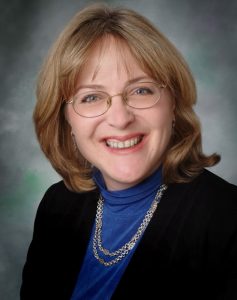Diana Butler Bass, popular speaker and the author of several books including Christianity After Religion: The End of the Church and the Birth of a New Spiritual Awakening, labeled President Obama’s second inaugural speech “the first spiritual-but-not-religious inaugural sermon,” while recognizing such is “a twenty-first century expression of American civil spirituality, embedded in but not dependent upon the ancient vision of American Protestant theology of and for God’s almost-chosen, always striving nation.”
While the totality of her analysis of the speech/sermon is worth reading, her remarks on the second section of the speech regarding the framing of a new American creed may well help launch more in-depth conversation about such, including the role of religions:
In the second section of the speech, President Obama articulated six beliefs of a spiritual and political, as well as inclusive and pluralistic, creed: 1) We believe in community; 2) We believe in shared prosperity; 3) We believe in mutual care of one another; 4) We believe in stewardship of the Earth; 5) We believe in peacemaking; and 6) We believe in equality and human rights.
So What?
Elsewhere Butler Bass has written that she believes we are in the early stages of what will become the Fourth Great Awakening. In her view, this new awakening will be the first interfaith awakening. The six points espoused in President Obama’s creed were supported by religious references. In an increasingly postmodern culture, the lines have blurred between what is within the domain of the religious versus the government and that of other networks. The path forward is marked by collaboration and partnership. Could the six beliefs become a significant tool for increasing unity?
